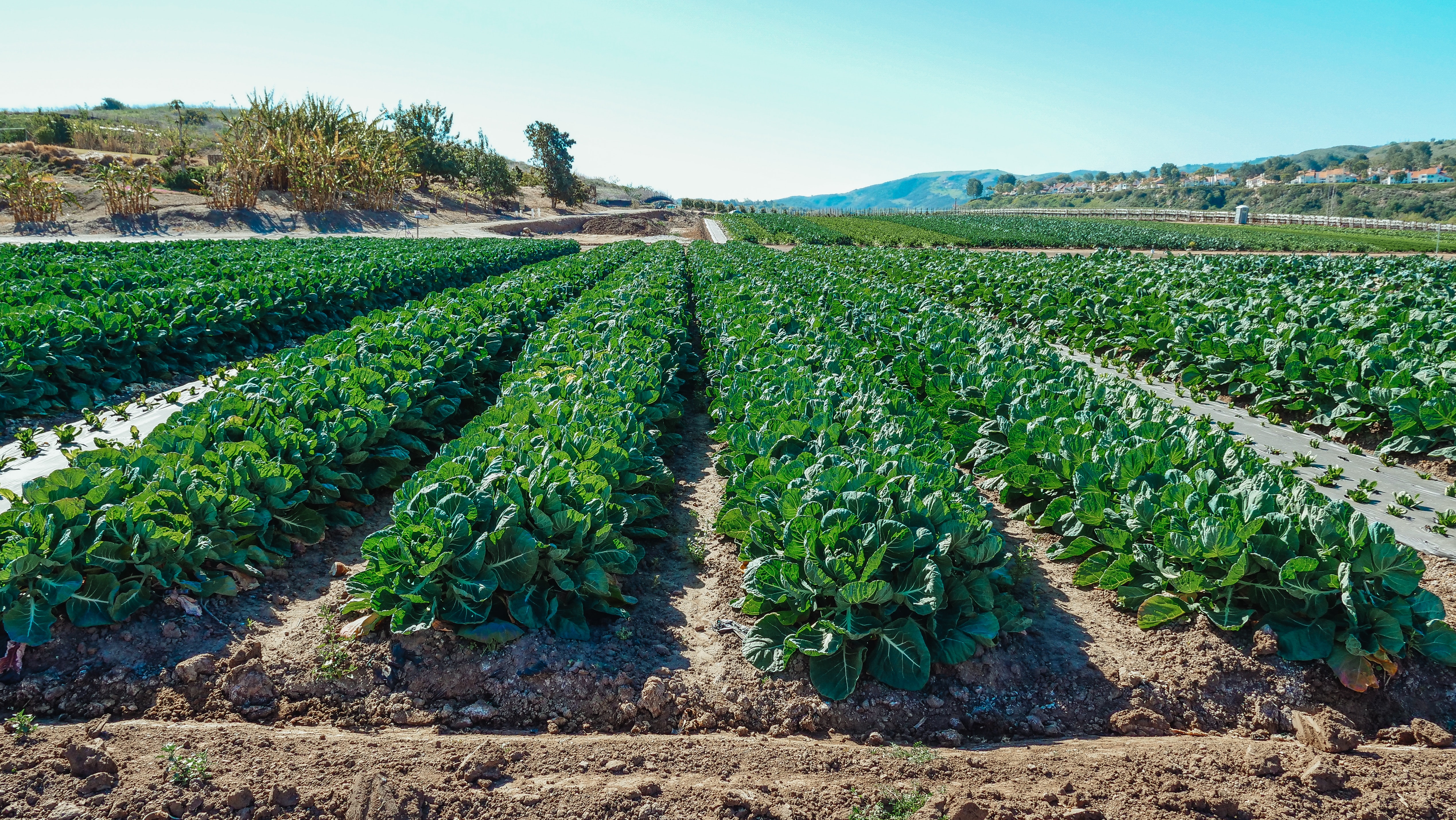5 Alternatives to Pesticides in the Fresh Produce Industry
Concerns raised over pesticide use focus on the effects of these chemicals on human health and the environment. Fortunately, there are alternatives that can help minimize the use of pesticides while still protecting crops from pests and illnesses.

Concerns raised over pesticide use focus on the effects of these chemicals on human health and the environment. Fortunately, there are alternatives that can help minimize the use of pesticides while still protecting crops from pests and illnesses.
In this blog post, we'll look at alternatives to pesticides, ranging from natural pest control approaches to innovative technology. Adopting these strategies will contribute to a more secure and sustainable future. We’ll also go over how modern solutions like Silo can help you manage your businesses more efficiently.
How to reduce pesticide use in agriculture
Here are some methods for reducing pesticide use while still protecting produce from pests and diseases.
1. Crop rotation
Crop rotation is a method that involves crops being rotated every growing year.
Removing host crops from the soil can disrupt the life cycle of pests and illnesses, allowing growers to prevent them from accumulating. This approach also benefits soil health by lowering the risk of soil-borne illnesses and increasing soil fertility.
Crop rotation is a low-cost, ecologically-acceptable alternative to lower levels of pesticide use, which growers of all types can feasibly adopt. The key to effective crop rotation is carefully planning rotation sequences to guarantee that the crops planted in each field complement each other and that the soil remains healthy.
2. Integrated pest management
Next on our list of alternatives to pesticides is integrated pest management (IPM), a comprehensive approach to pest and disease control that employs a variety of techniques.
To manage diseases and pests in a sustainable manner, IPM blends multiple strategies, such as cultural practices and chemical control techniques.
The purpose of IPM is to apply pesticides only when absolutely necessary and in the least possible quantities. Pests and diseases are monitored, with cultural techniques used to avoid their buildup. Chemical pesticides are used as a last resort option.
IPM is a viable pesticide-free alternative that can help minimize environmental pollution and the hazards to human health associated with pesticide usage. It’s also a versatile strategy that can be tailored to various crops and agricultural systems.
3. Biological control techniques
Biological control is another one of the industry’s viable pesticide alternatives and is an ecologically friendly pest management technique that uses ‘natural enemies’ to suppress pest populations. These natural enemies might include predators, parasites, or diseases unique to the pest in question.
Because of its many advantages, biological pest management has grown in popularity as an alternative to synthetic pesticides.
One key benefit is its sustainability and environmental friendliness. Unlike chemical pesticides, which may affect non-target creatures and the environment, biological control techniques are usually tailored to the target pest and do not harm other organisms or the ecosystem as a whole.
Biological control can function as a long-term solution since natural enemies can remain in an ecosystem over time, providing continuous pest control without the need for repeated treatments. Biological pest control may also be less expensive than conventional pest management strategies.
While using this technique means there will be upfront expenses for acquiring and releasing natural enemies, long-term costs are usually lower compared to those associated with recurrent chemical treatments. This is especially true for large-scale agricultural businesses, where pesticides may be expensive.
4. Genetic modification
Alternatives to pesticides can also include genetic modification. Genetic modification is the process of altering a crop's genetic composition to make it more resistant to diseases and pests.
Produce may be genetically engineered to generate toxins that kill pests or to be more disease resistant. While genetic modification has been contentious, it has the potential to be a powerful tool in lowering pesticide usage.
Genetically engineering produce to generate compounds that repel pests or attract natural predators can help lower pest quantities, making pest management simpler without the need for pesticides. Some genetically modified crops, for example, contain substances that attract beneficial insects like ladybugs, which feed on aphids and other pests.
5. Pest prevention instead of eradication
Prevention is key and can be much more effective in pest control than having to eliminate them after they’ve infested a crop. Pests, after all, are harmful to crop health and can result in severe financial loss.
Pest prevention is also much less expensive and can save money in the long term, so it’s important for growers to minimize their total expenses and boost revenue by focusing on prevention efforts.
Get a handle on your cash flow cycle with Silo
So how can we reduce pesticide use in agriculture? Turns out there are many viable alternatives that ensure crops remain healthy and safe for human consumption.
While adopting alternative methods to pesticides is crucial, it's equally important to have the right tools to efficiently manage your fresh produce business. That's where Silo comes in. For grower-shippers seeking to optimize the way they source, sell, and collect payments, Silo offers a unique combination of technology and capital solutions that are transforming what is possible.
Silo empowers businesses to streamline their cash conversion cycle and get a holistic perspective of their finances, better equipping them to respond to opportunities more confidently.
With Silo’s innovative underwriting process business get access to working capital fast.
You can make smarter choices on the fly and manage by exception with the help of Silo's actionable insights, automated processes, and real-time lot performance calculations.
Book a demo with Silo today!
Want to book a demo with us?
Add your info and we’ll get one scheduled with you.